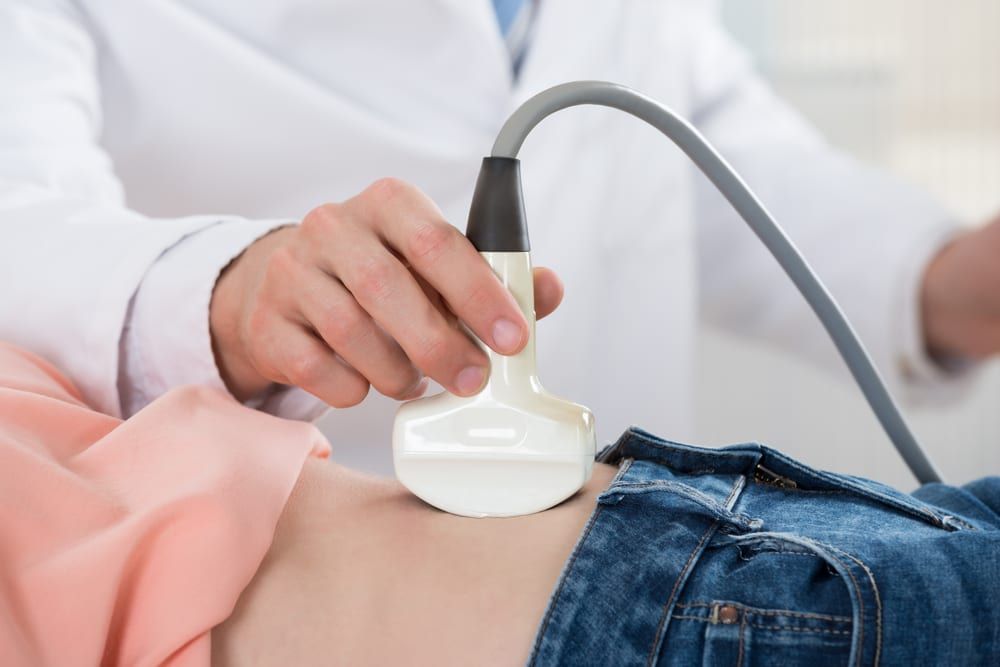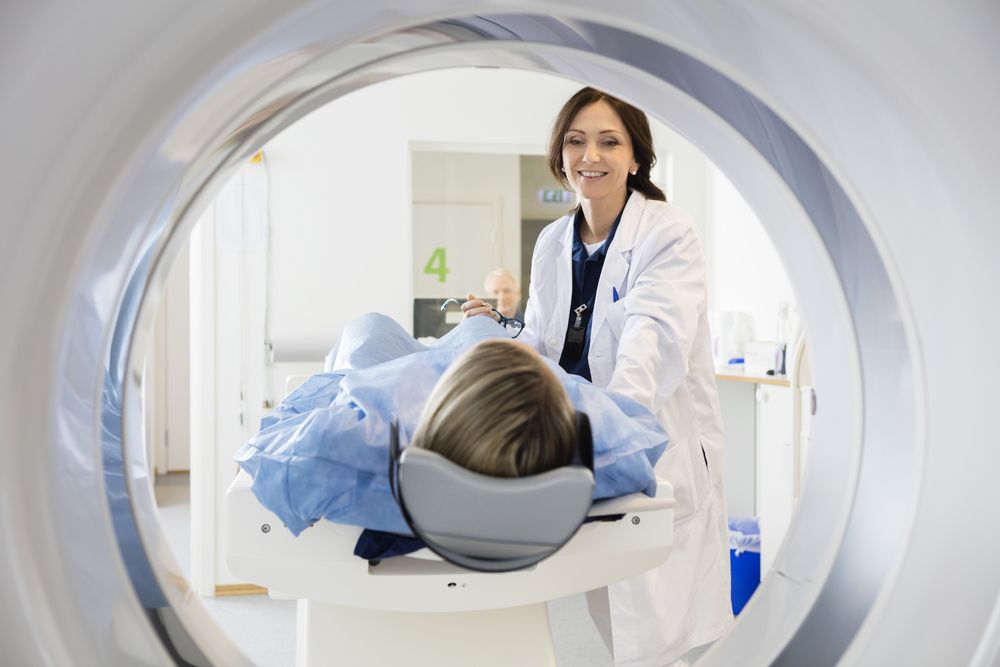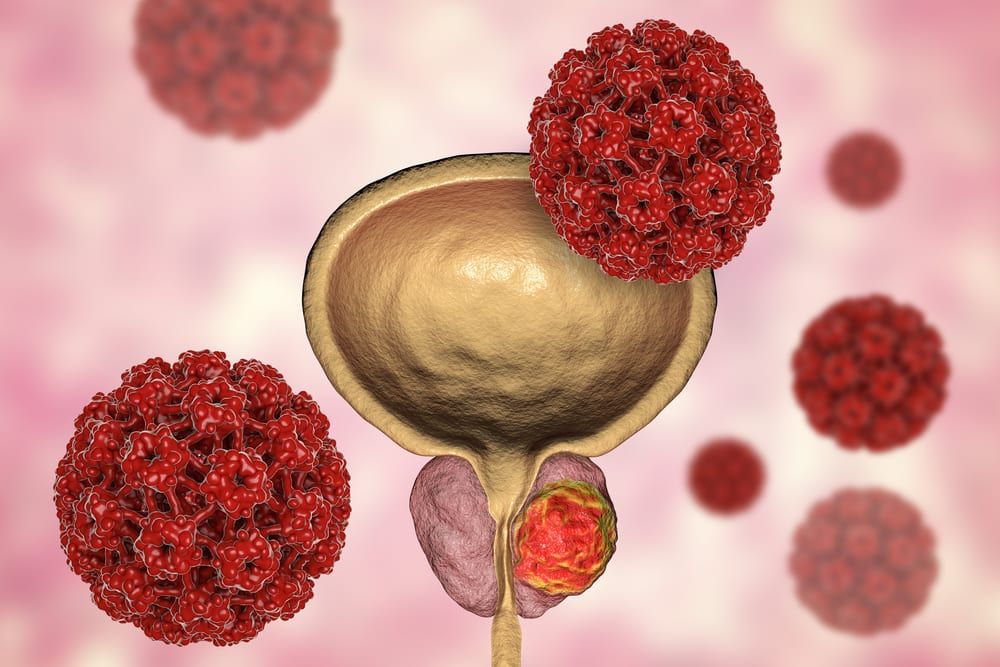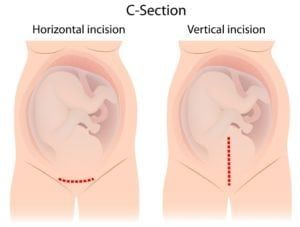For many women ready for a pregnancy, one of the first tests they’ve already mastered is peeing on a stick! Once the pregnancy is confirmed, obstetricians and gynecologists will help keep you and your baby healthy throughout your pregnancy and delivery. We will recommend a variety of screening and imaging techniques during your pregnancy. If any occurrence of genetic diseases or congenital disorders occurs, we’ll be here with you to provide insight into your child’s future.
Types of Prenatal Test and Screenings
Prenatal testings will provide the most accurate view of your baby’s health and catch any pregnancy complications that occur early on during the first and second trimesters. Prenatal testing is a part of simple, standard follow-up care, and our clinic will be able to provide you with an array of tests and screenings that can help prevent those complications and potentially save your child’s life.
Some of the most reoccurring prenatal tests that occur during a women’s pregnancy include:
Urine Tests – Urine analysis by our doctors can check for complications such as high blood pressure (preeclampsia) and gestational diabetes. Both of these conditions can be treatable when identified and dangerous if left undiagnosed.
Blood Tests – Blood samples help check for factors such as hCG levels, blood type, Rh factor, and immunity to diseases that will most likely be passed down. Blood tests can also screen for cystic fibrosis, thalassemia, sickle cell anemia, and other genetic conditions unnoticed before conception.
Pap Tests – Pap tests help screen for sexually transmitted diseases, such as hepatitis B, chlamydia, and HIV. It can also test for abnormal cervical cells that can lead to HPV infections and cervical cancer.
Ultrasound Screenings – Ultrasounds help your practitioner gain a good insight into how the baby is developing and determine factors such as gender and the baby’s position in the womb.
The Benefits of Testing During Pregnancy
While testing can be a stressful experience, finding out information about your child can be powerful. By participating in these tests, you, as an expecting mother can make better health decisions regarding your child, and make decisions to help prepare for unexpected conditions. We see many benefits to these tests. At our clinic, we provide an extensive collection of tests and screening for every case, because when it comes to your health, we specialize in giving the most comprehensive women’s health care.
Other benefits of testing during your pregnancy include:
- Help prevent the onset of serious diseases/infections
- Prepare ahead of time for genetic disorders
- Treat diseases through safe prenatal medication
- Prepare parents for their child’s future
Common Questions For Testing During Pregnancy
Am I required to screen for congenital disorders? – While testing isn’t required, testing can help prepare parents for their child ahead of time, especially if they’re more prone to congenital disorders. It can also organize and talk to your care provider about the test results and what they mean for you and your family.
What’s the difference between screening and diagnostic testing? – Screening tests cannot determine whether or not the child has a congenital disorder, but more or less observe any disorders, such as a heart condition. Diagnostic testing detects genetic history through the woman’s genes and chromosomes and diagnoses the risk factors during the pregnancy.
What factors increase the risk of congenital disorders? – Most babies that are born with congenital disorders are born to parents without risk factors. However, the risk factors, such as a history of congenital disorders, the mother’s age, diabetes, and certain ethnic groups, can factor into the baby’s risk.
How We Can Help With Testing During Pregnancy
Our methods of care involve working with our patients throughout all stages of their pregnancy. We strive for the highest standard of care through our screening and testing, and our obstetricians can guide you through your baby’s development. Our advice is not to be afraid to ask questions because we value our relationships with our patients above all else when it comes to women’s health.











































